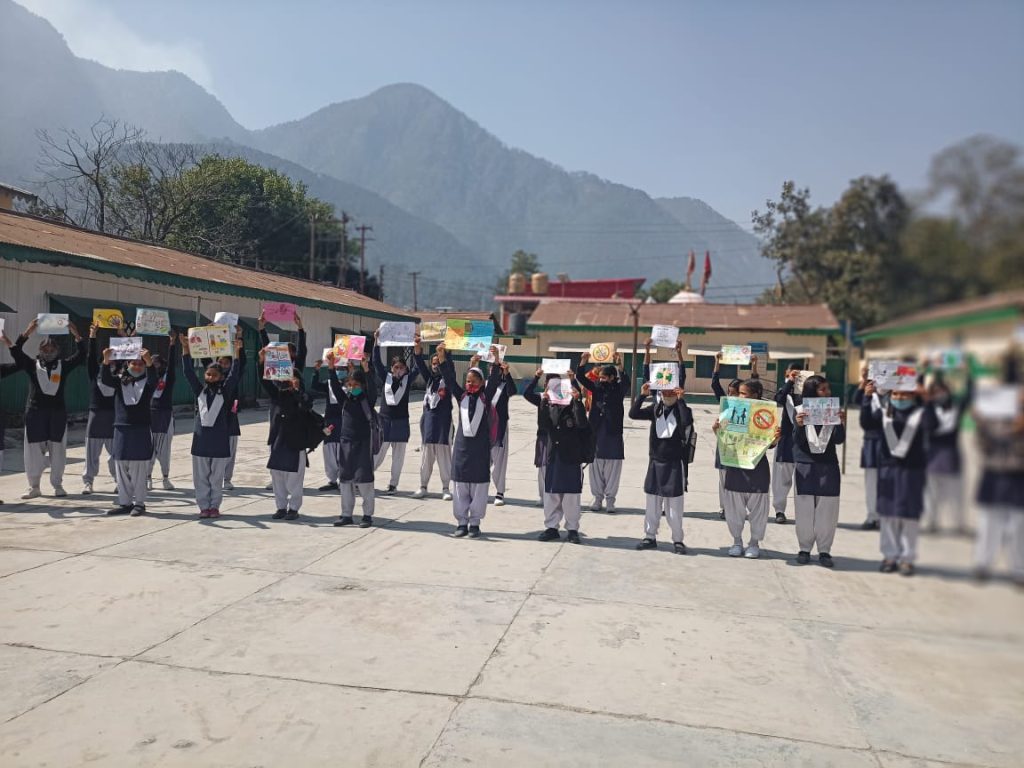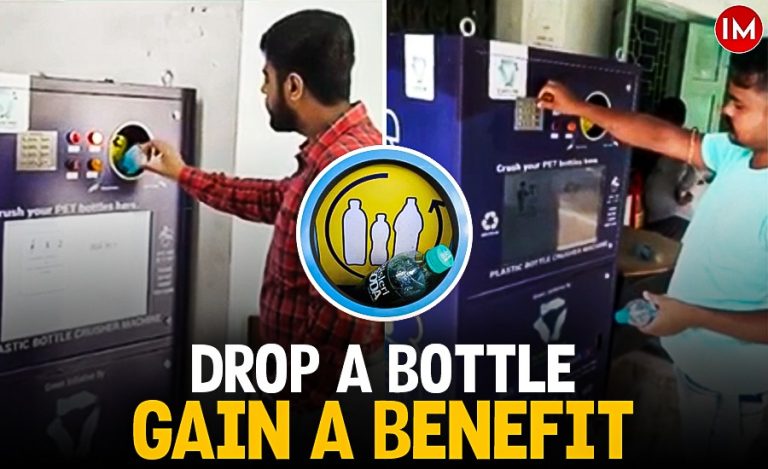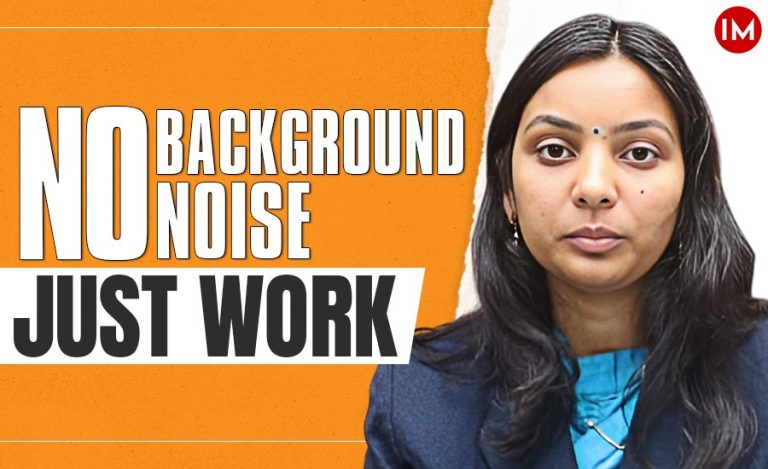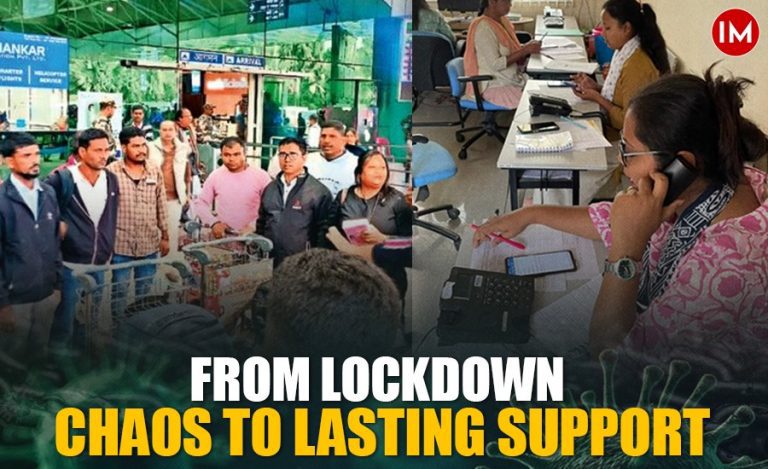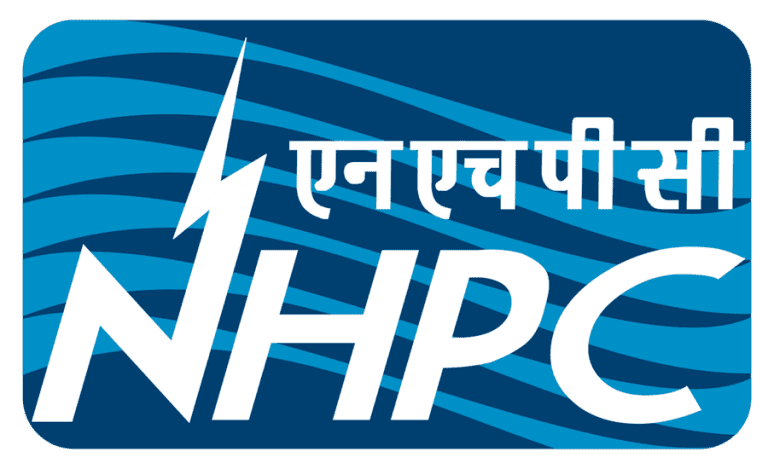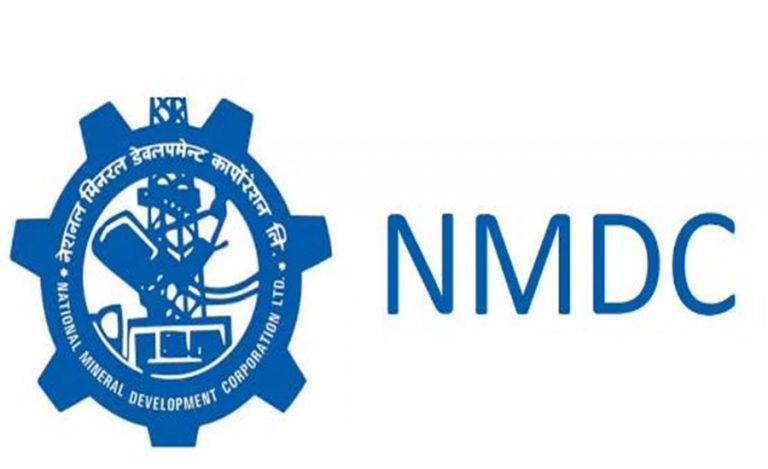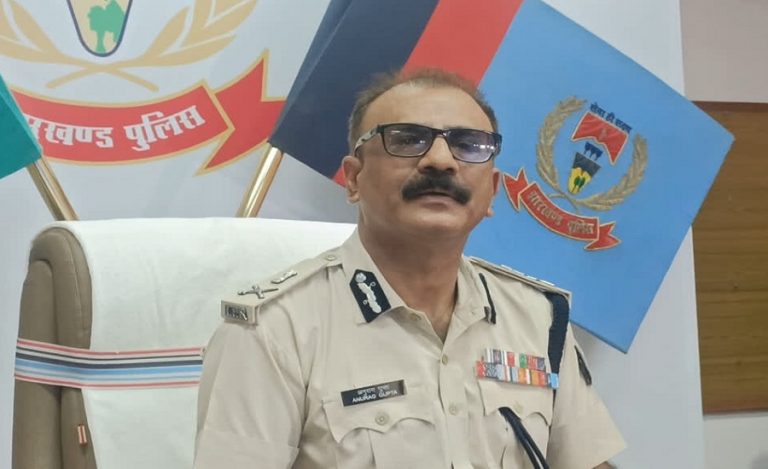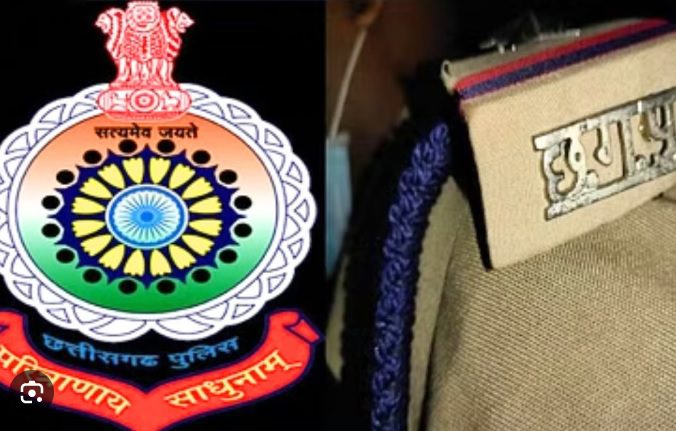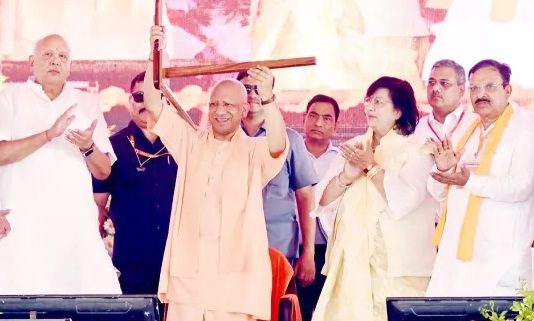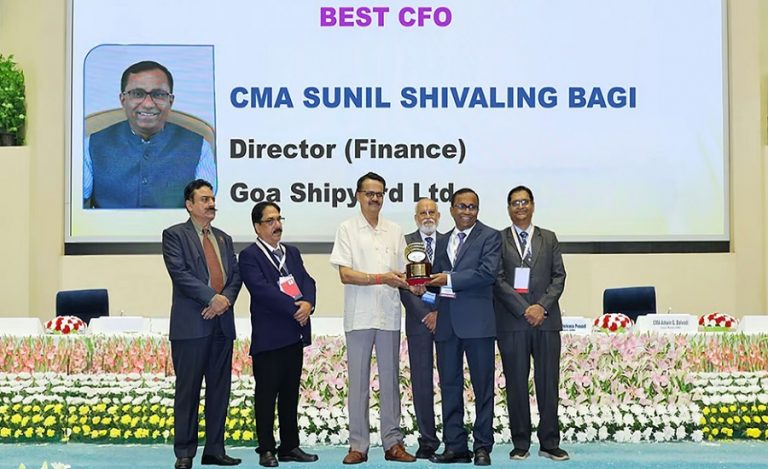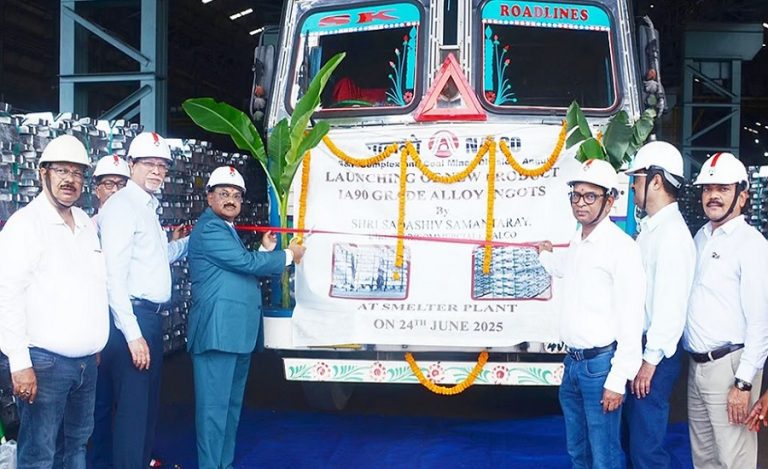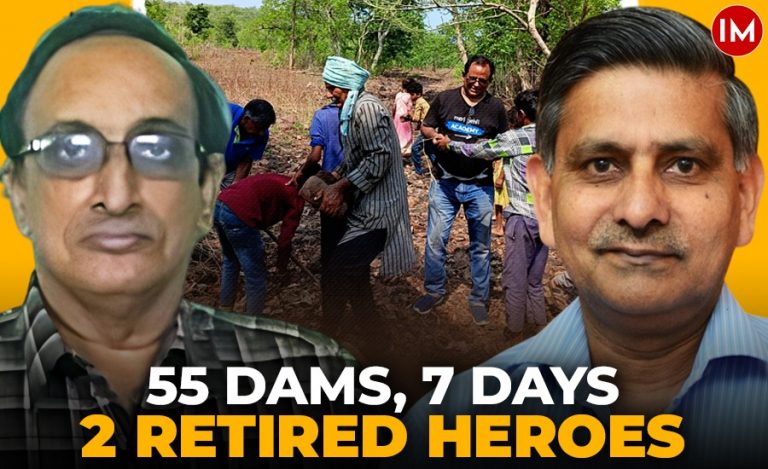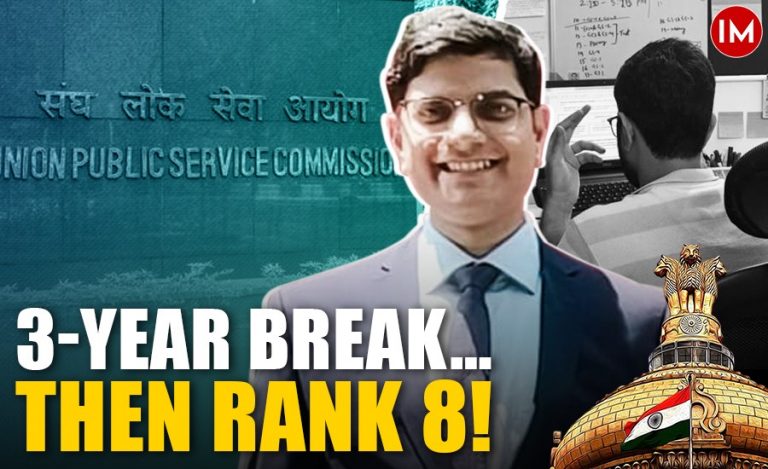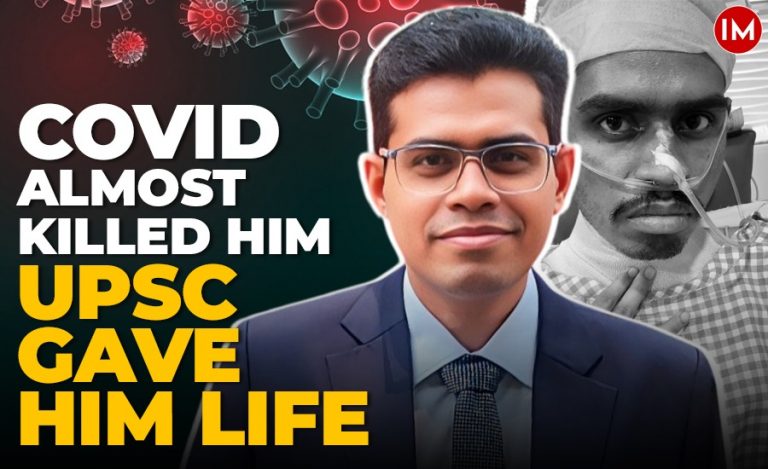Uttarakhand’s Uttarkashi district has been running many drugs de-addiction campaigns simultaneously with great success. Its dedicated work towards rehabilitating drugs addicts has come to the notice of New Delhi, and the district is all set to be formally appreciated for its efforts at the national level for its drug de-addiction programmes, especially among school children and youths.
Uttarkashi has made its place among the top 20 best performing districts in the country in terms of best execution of planning against drugs addiction and will be felicitated by the National Child Rights Protection Commission on March 2 at Vigyan Bhawan, Delhi.
In a conversation with Indian Masterminds, DM Uttarkashi, Mr. Mayur Dixit, spoke about the effective planning and implementation of the district’s de-addiction programmes.

THE RECOGNITION
Uttarkashi, a hilly town which is also known as Shiv Nagari , is situated on the banks of river Bhagirathi in Uttarakhand. The town has been selected in top 20 best performing districts among a total 272 sensitive districts, by the National Child Rights Protection Commission and Narcotics Control Bureau.
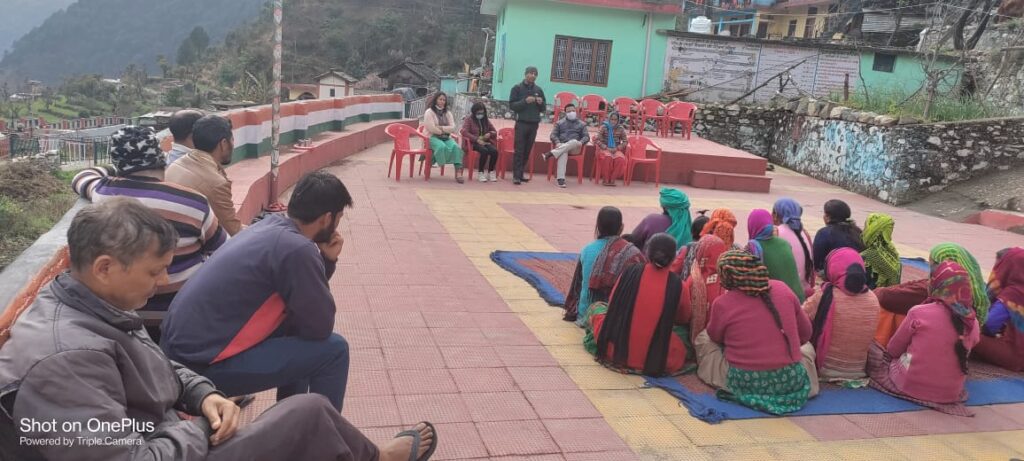
DM Mayur Dixit said, “In 2020-2021,272 districts were identified in the country for drug abuse and smuggling by the Ministry of Social Justice and Empowerment. A work plan was prepared by the National Child Rights Commission and Narcotics Control Bureau to implement in these sensitive zones. We are getting recognized for its successful enforcement.”
He further mentioned that it is a result of collective efforts of all the departments involved in this work plan.
3740 CHALLANS
3740 challans show the success of this campaign. DM Dixit said that it has been more than a year since they established the District Tobacco Control Cell, which is playing a significant role in fulfilling the main purpose.
“Under the guidance of Chief Medical Health Officer (CMHO), we constructed a dedicated team that included consultants, social workers and medical counselors. This team usually inspect the areas near schools and colleges. Any shop selling addictive substances like tobacco, gutkha, pan-masala, etc., is challaned and removed from the 100-metrearea of educational institutions.”
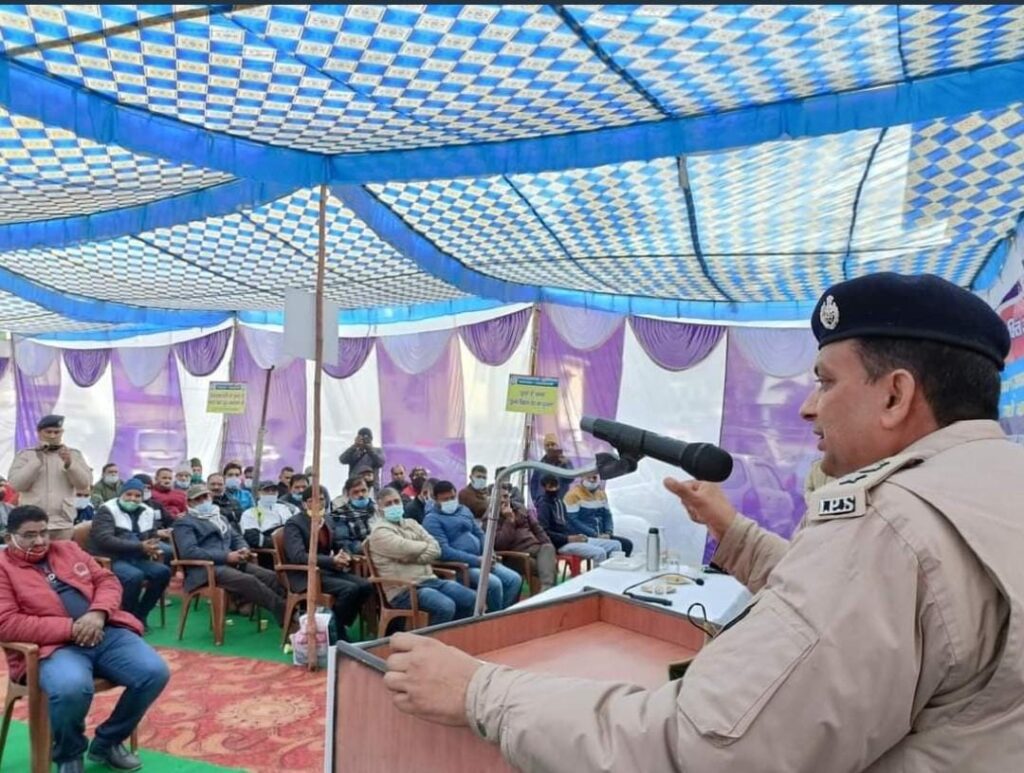
Now these places are marked as Tobacco Free Area and Tobacco Free Educational Institutions. As per the report, 433 such challans were issued by the District Tobacco Control Cell.
MODEL VILLAGE
Mr. Dixit also informed about the concept of a tobacco free model village. “Our aim is to select one village each from 6 blocks, where we go and campaign to raise awareness among the people. We counsel them in a way that they all come forward and join us to fight the addiction willingly. Our motto is to make those villages smoke free by stopping the selling or buying of any addictive substances.”
The police department is also working very well in figuring out smugglers’ nexus and nabbing them. Around 103 cases of smuggling of charas, smack, and other drugs, etc., have been registered in 3 years. Recently, in just 51 days, 42 smugglers were caught by the police and around Rs. 30 lakhs’ drugs were seized.
AWARENESS WORKSHOPS
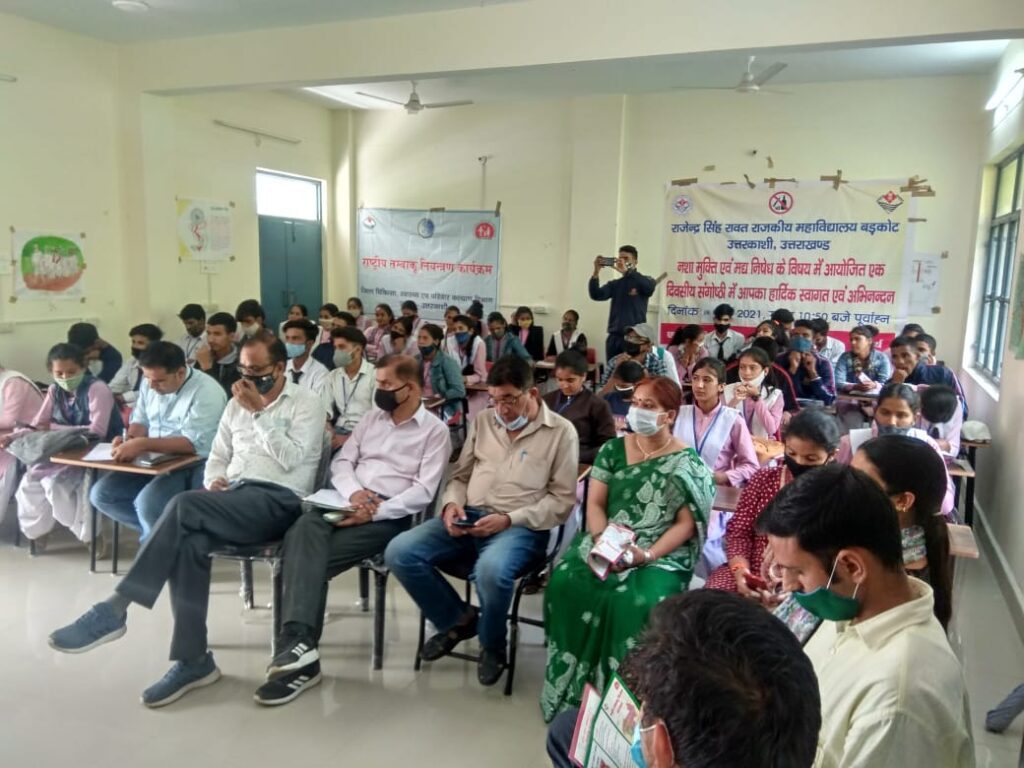
Mr. Dixit further informed Indian Masterminds about the awareness workshops in schools and colleges that the administration organizes in schools, where they interact with children above 8th standard.
“More than 100 plus sessions have been conducted by us where not only children and teachers, but the parents are also involved. We also inform them about the ill effects of addiction and its remedy by giving examples of people who, at one time, were addicted to some intoxicant, but are now free from it.”
Some NGOs are also involved in the programmes. The DM explained: “As the matter is sensitive, we are also seeking feedbacks from NGOs who have been working in this field about what more can be done. If a child is into some addiction, he will not be able to confess it openly. We are trying to handle such issues by maintaining the privacy of such children and their parents, too.”
CCTV INSTALLATION
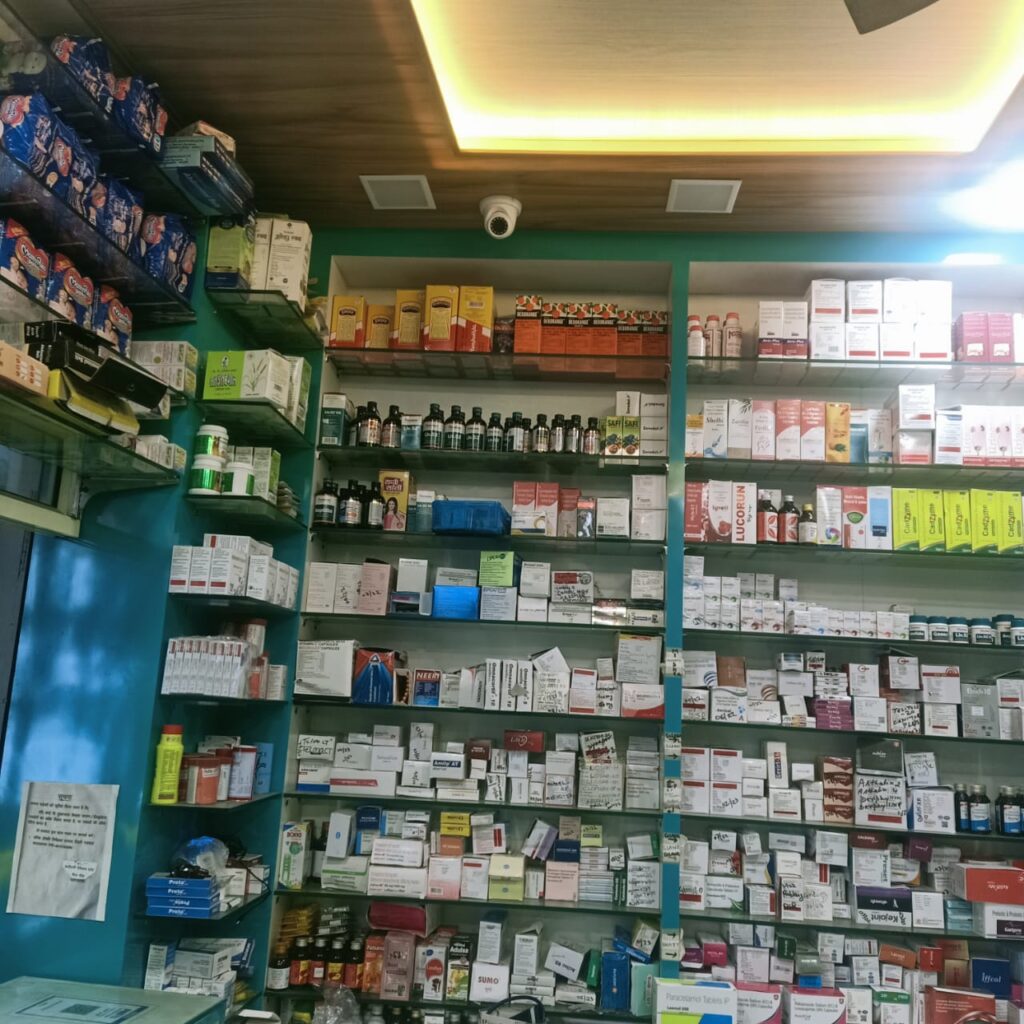
In a series of meetings with market associations and pharmacist associations, it was decided to install CCTV cameras in every pharmacy to keep them under surveillance, in case of any procurement of illegal drugs.
Mr. Dixit elaborated: “If someone is found violating the protocols, strict actions are taken against him. We have also installed a Tobacco Control Desk in the district hospital, where people seeking any kind of relief from addiction are counseled. A team of counsellors are working with us in this regard.”
In conclusion, the officer expressed his happiness at the recognition at the national level and said that it will encourage them to work with more vigor and enthusiasm, as a lot needs to be done still.

